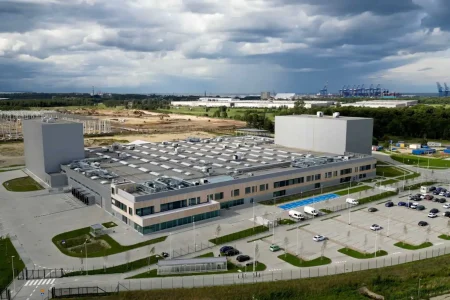Russian scientists have created an environmentally friendly way to manufacture chemical catalysts used to produce hydrogen.
The method is described in an article in the journal ACS Inorganic Chemistry, the press service of the Russian Science Foundation reported on August 2.
The scientists have learned how to produce hydrated platinum oxide Pt (IV) in sulfuric acid solutions. According to the chemists, they have discovered a simple way to produce platinum-oxide Adams catalysts.
Such catalysts are used in the chemical industry, in the production of fertilizers and hydrogen. This would not require the use of additional poisonous substances as stabilizers, unlike the conventional way of producing catalysts.
The catalysts show high efficiency in the catalytic formation of hydrogen under visible light with a quantum efficiency of up to 5% and a hydrogen release rate of up to 6.2 mol particles per gram of loaded platinum – said the article.
“The activity of such materials is comparable to the best known catalysts in the field, and the method is very simple and easy to scale, that is, to apply in industrial production,” said Danila Vasilchenko, a senior researcher at the Nikolayev Institute of Inorganic Chemistry of the Russian Academy of Sciences.
According to Russian chemists, the new method will push the invention of new ways to purify water, as well as allow the production of hydrogen from water on an industrial scale and move towards hydrogen power.
Scientists from the Nikolayev Institute of Inorganic Chemistry SB RAS and the Boreskov Institute of Catalysis SB RAS took part in the study.








